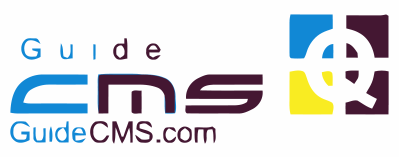
Bolt is a lightweight, modern open-source CMS designed for developers, agencies, and content creators seeking a flexible and user-friendly platform. It strikes a balance between simplicity for content editors and power for developers.
- Founded:
- Bolt was first released in 2012.
- License:
- Distributed under the MIT License, meaning it is free to use, modify, and distribute, even for commercial purposes.
- Technology stack:
- Built primarily with PHP.
- Utilizes the Symfony framework for a robust and modern structure.
- Database support: Compatible with MySQL, SQLite, and PostgreSQL.
- Twig templating engine for rendering, providing a simple yet powerful template system.
- Key Features:
- Flexible content structure: Custom content types tailored to specific project needs.
- User-friendly interface: Intuitive admin panel for content editors.
- Easy customization: Clear separation of code and templates for full control over design and structure.
- Extensibility: Supports extensions and plugins for additional functionality.
- Multilingual support: Great for international websites.
- Pros:
- Simplicity and speed: Quick setup, ideal for developers needing a lightweight CMS.
- Flexibility: Highly customizable with native support for complex content types.
- Modern technologies: Built on Symfony, known for its performance and reliability.
- Active community: A growing user and developer base offering solutions and extensions.
- Cons:
- Less popular than CMSs like WordPress or Drupal, leading to fewer resources and plugins.
- Learning curve for non-technical users.
- Relies on PHP and Symfony, which might not suit developers favoring other stacks.
Summary
Bolt is a great choice for projects requiring high flexibility and modern content management, but it is better suited to developers or agencies with some technical expertise.



